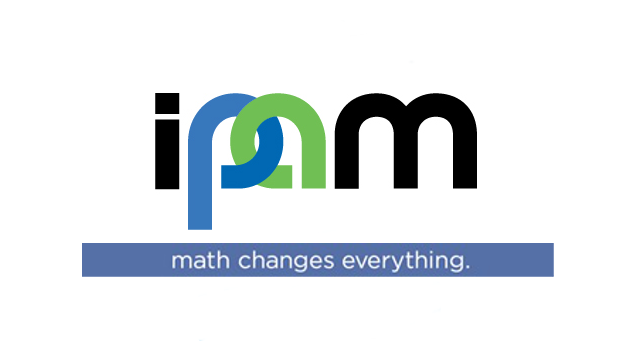On the regularity of spatial convolution kernels for linear feedback control & estimation of perturbations to nearly-parallel flows
Presenter
November 4, 2014
Abstract
Thomas Bewley
University of California, San Diego (UCSD)
Linear optimal control (& estimation) formulations in nearly-parallel flow systems (e.g., channel flow with a zero-net blowing/suction distribution over the walls taken as the control) are most easily solved in Fourier space, leading to feedback gains Khat implemented, e.g., in the form
phihat(k) = Khat(k) * uhat(k),
where phi is the (discretized) control distribution, u is the (discretized) state variable, k is the wavenumber vector, and hats denote the Fourier transform in the direction(s) of (near) homogeneity in the flow. Inverse transforming such feedback control (& estimation) rules, computed over a large array of wavenumbers, lead to feedback convolution kernels implemented, e.g., in the form
phi(x) = \int K(x-x’) * u(x’) dx’,
where x denotes the spatial coordinates. When the control problem is posed correctly, the feedback convolution kernel K(x) converges upon grid refinement, and eventually decays exponentially from the origin. When the control problem is not posed correctly, the feedback convolution kernel K(x) is dominated by high-frequency oscillations, and thus fails to converge upon grid refinement (and is, thus, not useful in practice). The precise characterization of which formulations of the feedback control problem lead to well-behaved (i.e., sufficiently smooth) feedback kernels, and which formulations do not, is an important and practical PDE regularity question which is still open. The present talk will explore this question, and discuss the currently available numerical results.
